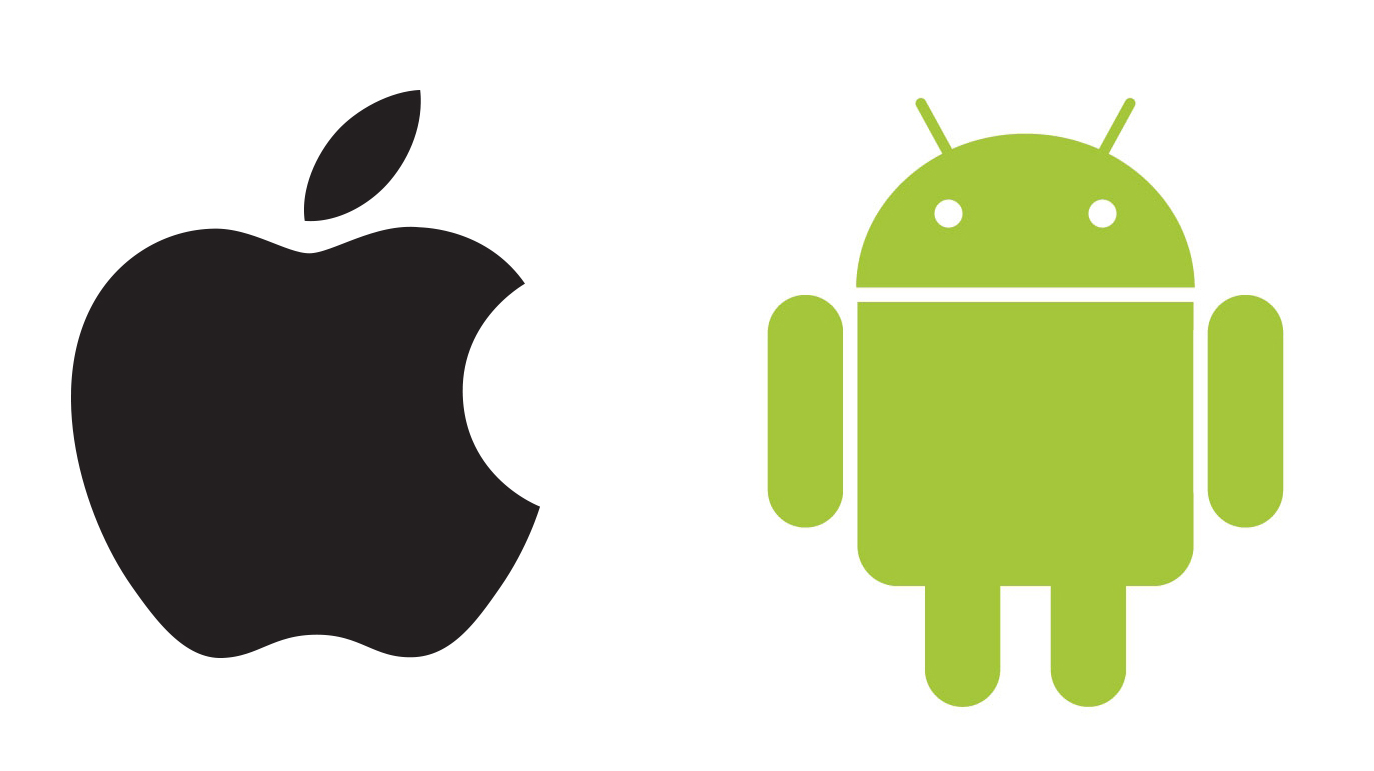
iOS and Android development are the leading platforms people code on these days. There is a constant smartphone war when it comes to choosing which app is best: iOS and Android. Both iOS and Android development platforms have their interests based on your business requirements.
Let’s look at some of the differences between iOs and Android:
Coding Language
For developers who have a single application in mind and imagine their code operating on several mobile platforms, this might be a challenging quest. Java is the language for Android app development, and it requires a significant amount of code to be written. The language iOS app is released on is Swift. Swift developers generally require writing less code, and it’s likely for apps to seem faster than coding when Java is involved.
In addition to the language variation, Android and iOS built-in development conditions differ. Android developers have changed over to Android Studio, while iOS programmers adhere to XCode.
Design process
Android regulations are more instructional and stringent; they provide you with the dimensions of tables, the icon-to-icon distance as well as the colour palette. However, iOS is kind enough to offer you some suggestions that make your interface user-friendly and engaging, but they don’t specify the rules.
Functionality of app development software
With the features of the Android software development kit, a developer can develop applications either that use a touchscreen or the device keyboard. Android developers have to cater to a more comprehensive list of devices, all with unique hardware configurations.
Considering that iPhone operating system is a closed system, exclusively created by Apple for its own devices, developers have a identified selection of devices to focus on, with a well-defined scope of features and restrictions.
Application Quality
There is thought to be a more significant percentage of rejects from the App Store side than what developers receive from Google Play. The app store review team uses a manual procedure where a person is going through all the basics of your project plus some automated tests. Google Play sticks to automated tests only, making some small in-app issues unnoticeable.
Income Revenue
Difference between the prospective audience may cause a tremendous variance in the money-generating strategies with regards to App Store and GooglePlay. App Store generates income from app purchasing; Google Play doesn’t. iPhone users fervently object against ads within the app, whereas Android users tend not to notice it.
Cost of app development
Android development is famous for being more time intensive since you need to write more code on Java/Kotlin compared to the team of developers of iOS who writes on Swift. Segmentation exists only on devices with an Android operating system. Thus a larger device range adds to the testing hours and potential issues to be fixed. XML layout is primarily done manually for Google Play, which also contributes to the overall development time. In the industry of IT more time-consuming typically means higher priced, so it comes as no surprise that the same app for iOS costs 30% less than it does for Android.
Learning resources
Apple makes information for iOS app developers accessible in various forms, including multimedia. In contrast, Android’s support of open-source applications makes sample apps as well as other programs straightforward to gain knowledge from. Android has the advantage in this specific area since there isn’t a lot available relating to open source for iPhone.
Market Share
Android dominates the global market with 87%, while iOS comes in at only12%. Android has a more market share in developing countries like Asia and Africa while iOS leads the industry in developed countries like US, Australia, Europe etc. This could be as a result of different cultural and socio-economic elements that are in play in the local geographies.
Security and Privacy
Because the OS model is more open on Android in comparison to Apple, it can be slightly more susceptible to hackers and online threats. The device fragmentation and openness of installing apps which are from third-parties make Android OS vulnerable to safety concerns. Apple iOS is very strict in giving access to your locations and contact information to your Apps, which isn’t the scenario with Android.
The primary differences between iOS and Android are regarding development. As a product owner, you are the one who gets to decide which platform appeals to you and your budget. Well, a known fact is that many startups choose to start with iOS first because it requires less time and resources.
Ultimately, the arguments for and against the strategies taken by iOS and Android developers are insignificant from the viewpoint of users. What matters to the majority of the customers, is the overall experience.
Author Bio:
David Giltner is a freelance content writer for Netgen – a software development company located in Cape Town Johannesburg, South Africa. He offers his web design skills as an extra.




